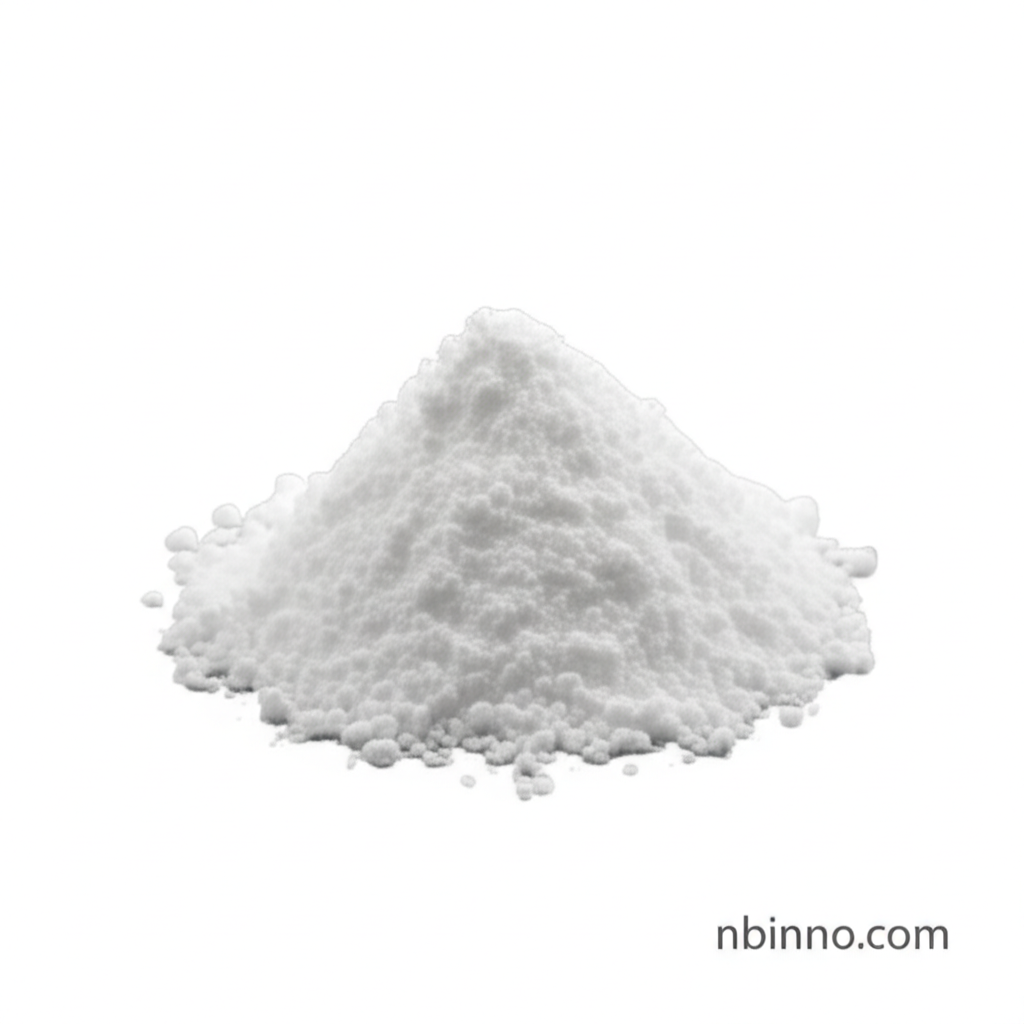Aceglutamide (CAS 2490-97-3): Your Premier Source for High-Quality N-Acetyl-L-glutamine
Discover Aceglutamide, a vital acetylated analog of L-glutamine, essential for pharmaceutical formulations and biochemical research. As a trusted manufacturer and supplier in China, we provide the high-purity compound you need for advanced applications.
Get a Quote & SampleUnlock the Potential of N-Acetyl-L-glutamine: Pharmaceutical Grade Aceglutamide

Aceglutamide
We are a leading Aceglutamide manufacturer and supplier in China, offering Aceglutamide CAS 2490-97-3 with exceptional purity. Our commitment to quality ensures this N-Acetyl-L-glutamine derivative meets stringent industry standards for pharmaceutical and biochemical applications. Partner with a reliable supplier for your bulk purchase needs.
- High-Purity Aceglutamide: Sourced with a guaranteed purity of ≥99.00%, ensuring efficacy in demanding applications.
- Versatile Pharmaceutical Intermediate: Crucial for developing treatments for brain injury coma, nervous system disorders, and neurological headaches.
- Essential Biochemical Reagent: Widely used in scientific research and development for its unique biochemical properties.
- Reliable China Supplier: Benefit from stable supply and competitive pricing when you buy Aceglutamide from our established manufacturing facilities.
Why Choose Us for Your Aceglutamide Needs?
Uncompromised Quality Assurance
Our Aceglutamide adheres to strict quality standards, ensuring batch-to-batch consistency. As a dedicated manufacturer, we control the entire production process to deliver a superior product for your critical research and pharmaceutical needs.
Strategic Sourcing and Supply Chain
Leverage our robust supply chain as a premier Aceglutamide supplier in China. We offer competitive pricing and ensure timely delivery of bulk orders, making us your ideal partner for consistent product availability.
Expert Technical Support
Access comprehensive technical data and support from our team of experts. We assist in understanding the applications of Aceglutamide CAS 2490-97-3 and provide tailored solutions for your specific formulation requirements.
Key Applications of Aceglutamide
Pharmaceutical Applications
Aceglutamide is a critical component in the synthesis of drugs targeting central nervous system disorders, brain injuries, and neurological pain. As a key pharmaceutical intermediate, it supports the development of advanced therapeutics.
Biochemical Research
Its role as a biochemical reagent makes Aceglutamide indispensable in laboratory settings for various research studies, including investigations into amino acid metabolism and neurological pathways. Inquire about bulk purchase options for your research institution.
Medical Formulations
Used in specific medical applications, Aceglutamide contributes to treatments for conditions like brain injury coma and nervous system disorders, acting as a precursor to L-glutamine.
Nutritional Science
As a stable source of L-glutamine, it is explored for its potential in preventing damage related to protein energy malnutrition, making it relevant for specialized nutritional product development.
